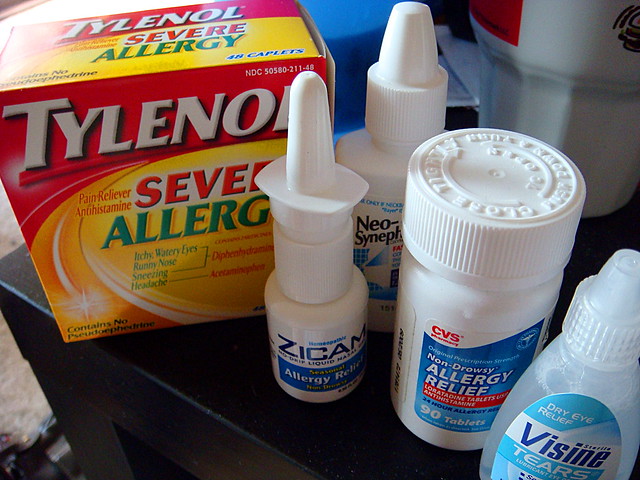Spring 2020 is here. After a mild winter in the Northeast, high pollen levels are expected. How will the Coronavirus (COVID-19) impact the allergy season?
The majority of Tri-state area residents are quarantined in their homes. However, social distance rules are not enough to keep them indoors. To relieve stress and confinement, people are increasingly heading outdoors. Walking, running and biking, families are filling streets, parks and trails. Sneezing and itching are sure to follow. Don’t head back inside, get help.
At my office we are trying to balance the health and safety of our patients and our staff. We have temporarily limited hours and in-office visit types. However, we continue important treatments for those in need. This includes injectable medications for chronic hives or asthma, oral immunotherapy for children with peanut allergy and allergy shots for pollens, pets, dust and molds.
For those patients who cannot be seen in the office we are now offering Telehealth visits. It is amazing how much can be done over a Zoom meeting. Here are a few accomplishments this week;
- Optimized medications and provided much needed refills for patients with asthma.
- Treated eczema with an iPhone.
- Helped patients with immunodeficiency minimize their risk of COVID infection.
In the next month, I am expecting many calls from patients suffering with spring allergies. Telehealth is a great way to help. A typical discussion may include the following;
- Current symptoms; timing, severity.
- Current and past medications.
- Associated conditions (ie asthma, fruit allergy).
- Avoidance advice.
- Review of the most appropriate and effective treatment options; including over-the-counter medications, prescription medications, sublingual drops or tablets and allergy shots.
Do you know which common allergy symptoms are not treated by Claritin, Zyrtec or Allegra? Schedule a Telehealth visit to find out, 203-374-6103.
